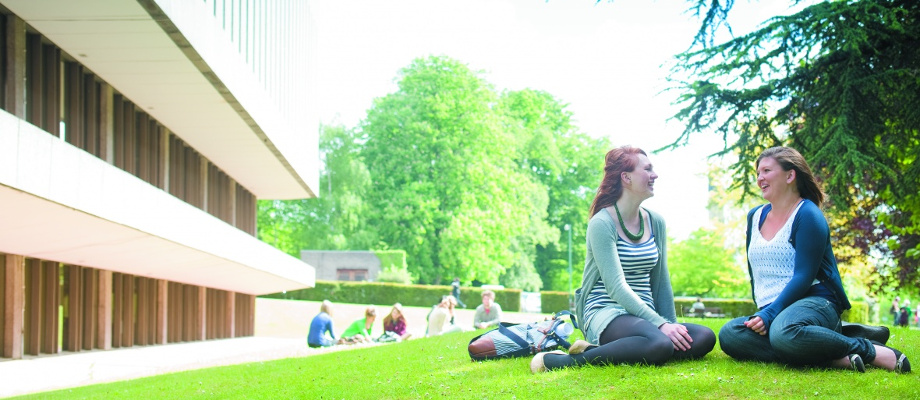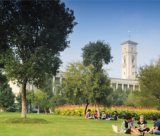
UoN Libraries partners with Rights Lab to support peer researchers
June 7th, 2022
Colleagues from Libraries, the Rights Lab and Survivor Alliance (an NGO) recently collaborated to support peer researchers working on a research project examining mental wellbeing in survivors of modern slavery to search for and critically evaluate freely available information.
About the project
The project called ‘Placing survivor wellbeing on the policy and evidence map’, is a collaborative effort involving research staff from the University of Birmingham, the University of Nottingham, and King’s College London, along with staff from two anti-slavery NGOs.
There is a growing conviction amongst anti-slavery stakeholders that to be effective, any work aimed at understanding survivors of modern slavery, or supporting them, needs to be survivor-led and survivor-informed.
In response to this, collaborating universities have appointed survivors to paid placements as ‘peer researchers’ to undertake a range of research responsibilities, including contributing to literature reviews, data collection, data analysis, and focus group facilitation.
Peer Researcher Development Programme
To support the peer researchers, Rights Lab Research Fellow and Lead in Survivor Engagement and Policy Impact, Dr Juliana Rinaldi Semione and colleagues, created a ‘Peer Researcher Development Programme’, comprising a series of fortnightly seminars to provide basic research training.
Literature searching, and effective use of reliable web-based resources were identified as essential skills for the programme, enabling peer researchers, some of whom may not have experienced a traditional route through higher education, to make meaningful contributions to the project.
University of Nottingham Libraries colleagues, Alison Ashmore (Research Support) and Ruth Curtis (Teaching and Learning) worked with Juliana to design and deliver a bespoke training session for the peer researchers. The session, which focused on using effective search and critical evaluation strategies to source reliable information on modern slavery that was openly and freely available on the internet, was well received.
Juliana commented: ‘You truly passed on to us a wealth of information. I know the peer researchers have already had opportunities to practice the search skills you shared, and I continue to hear good feedback’.
Josh Sendall, Associate Director for Research in University of Nottingham Libraries highlighted the importance of collaborations such as this:
“Libraries partnership with the Rights Lab aligns with the university’s deep commitment to Open Research which seeks to maximise the public benefit of academic research. I’m so pleased that we were able to promote the availability of open access publications to the peer researchers in support of this important programme.”
Libraries’ support for citizen science projects
A vast amount of information is freely available for the public to access and the ability to find reliable content amongst this is an important skill for everyone involved in research.
If you are planning to run citizen science activities as part of your research project and you think your researchers could benefit from this type of online training, please contact the Libraries’ Research Support Team at library-researchsupport@nottingham.ac.uk.
Tags: Libraries, Peer research, Peer Researcher Development Programme, rights lab, Survivor Alliance
Leave a Reply
Other

University of Nottingham Online discovery webinars
University of Nottingham Online (UoNO) is here to help colleagues across the university who want to […]

University of Nottingham China celebrates 20 years
At the University of Nottingham, we embrace diversity in culture, spirit and thinking. It’s why we […]

